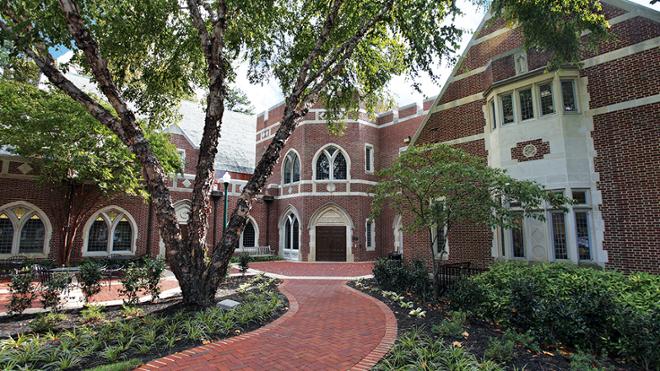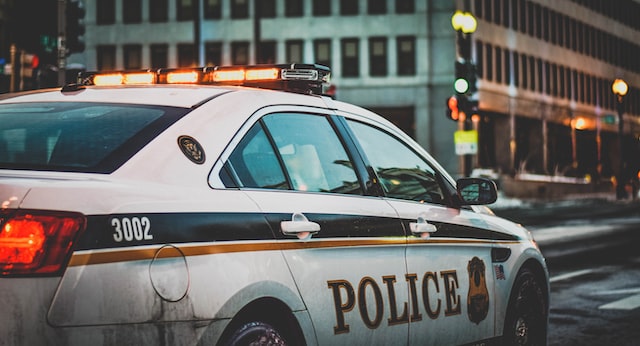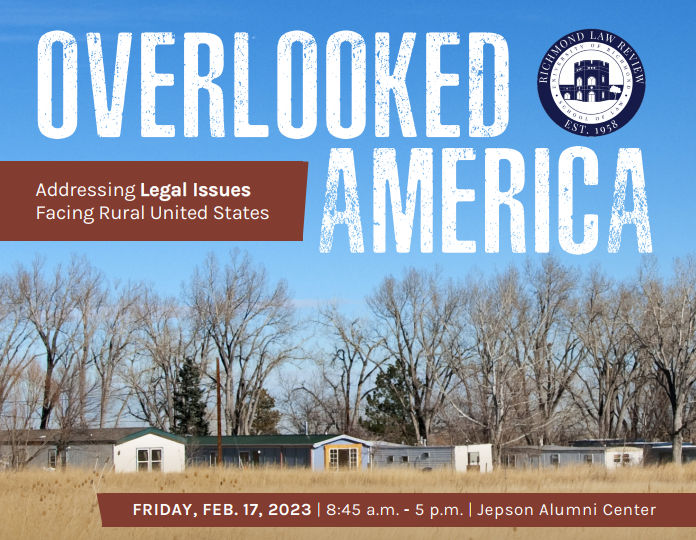
Confirm Julie Rikelman for the First Circuit
Read Full Article (PDF)
Confirm Julie Rikelman for the First Circuit
Now that the United States Senate has reconvened after pauses for holidays, the upper chamber must expeditiously appoint designee Julie Rikelman to the U.S. Court of Appeals for the First Circuit, which is the smallest, albeit critical, appellate court. The nominee, whom President Joe Biden tapped during late July 2022, would supply remarkable experiential, gender, and ideological diversity gleaned from pursuing much cutting-edge reproductive freedom litigation, which included arguing Dobbs before the Supreme Court that overturned Roe v. Wade. The nominee has definitely excelled in law’s highest echelon over twenty-plus years, most recently as the U.S. Litigation Director in the Center for Reproductive Rights at which she has worked over a decade. The vacancy that the nominee would fill has been empty for plentiful months. Thus, the Senate needs to promptly confirm the well qualified, mainstream nominee.
Carl Tobias *
* Williams Chair in Law, University of Richmond School of Law




